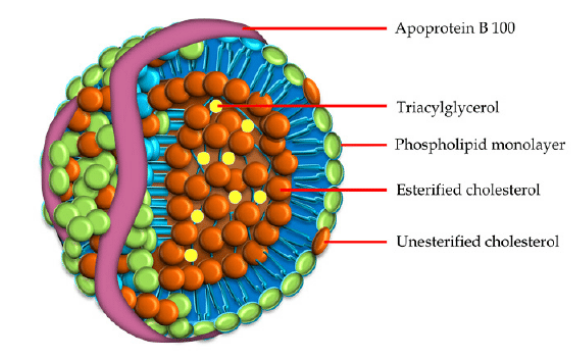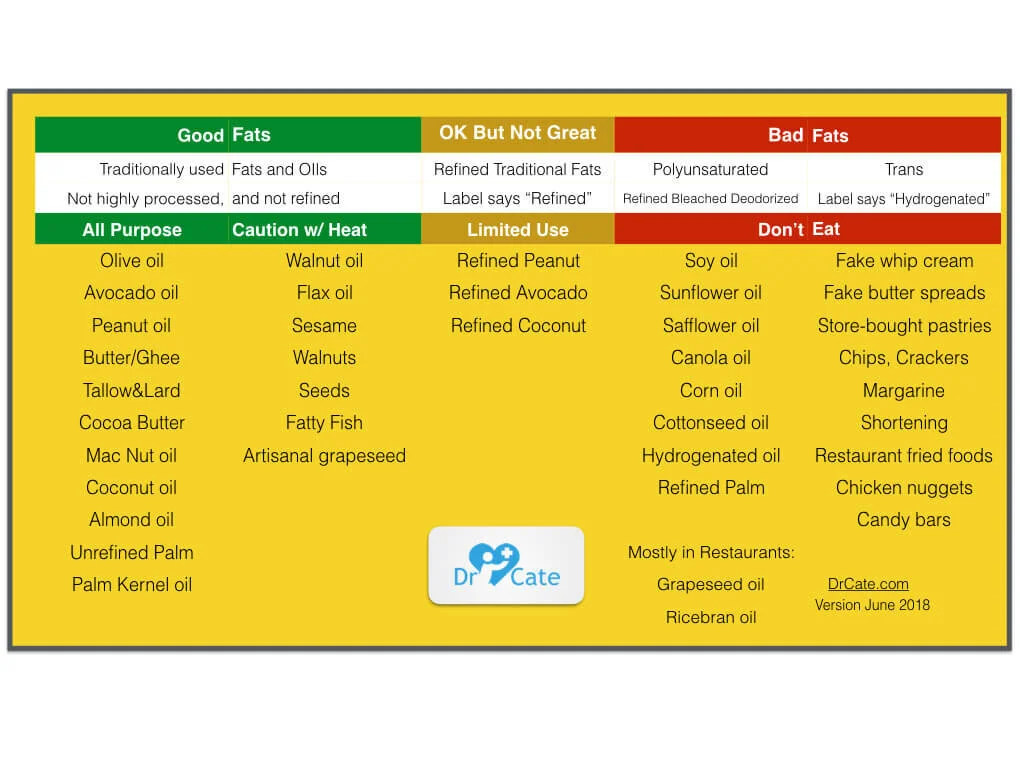If you google what causes GERD or heartburn, you will most likely find foods that cause too much acid such as tomatoes, chocolate, coffee and alcohol. However, low stomach acid may be to blame.
Read MoreThere has been a lot of talk about longevity lately, with the understanding of telomeres, sirtuins, and the rise in popularity of the work of David Sinclair. An interesting theory has arisen from Dr. Bruce Ames, who has been a molecular biologist and in the nutrition space for decades. He came up with the term “Triage Theory” as a way to understand how the body uses micronutrients.
Read MoreIron deficiency is extremely common and can be one of the causes of anemia. However, too much iron can be a problem as well and is known as iron overload. Iron overload is associated with metabolic disorders, gout, cardiovascular disease, hormone problems, immune imbalances, and musculoskeletal disorders.
Read MoreIodine Deficiency is an extremely common problem and the effects can be hidden. Iodine is an essential for life and is important for the synthesis of thyroid hormones. Deficiency can lead to hypothyroidism, goiters, and some lesser known problems. Some food sources can inhibit iodine absorption and are termed “goitrogenic”.
Read MoreFor years, we’ve been told to avoid salt as it increases blood pressure. There is more to the story than that. After all, there is what is known as “salt sensitive hypertensives”. So why do some people seem to be sensitive to salt, and others are not? Whenever this pattern arises, there is some more digging to be done. Perhaps the link is sugar.
Read MoreAnyone who has experienced a migraine can tell you just how horrific they can be. In high school, I used to get them and it felt like someone was dropping acid on my brain. I would have to lock myself in a room with the shades drawn and suffer through it, often to the point of vomiting. While there are many triggers to migraines, there are some easy dietary changes you can try that may influence it.
Read MoreBenign paroxysmal positional vertigo, or BPPV for short, is a debilitating condition that causes severe room-spinning dizziness with changes of head position. If you’ve heard of ‘crystals being loose in the ear’, this is BPPV. It is usually called ‘idiopathic BPPV’, which simply means we don’t know the cause. Head trauma can cause it, but for many patients that deal with this, they haven’t had any trauma. Some recent research has proposed that there is likely a dietary component of this condition in the form of changes in carbohydrate metabolism.
Read MoreWhen it comes to antioxidants, glutathione is the king of the jungle. It boosts metabolism, takes stress off the liver, supports the immune system, and protects the body from oxidative stress. It is composed of 3 amino acids, L-glutamine, glycine, and cysteine. Deficiency can lead to serious problems, but the good news is that we can get it through diet.
Read MoreType 3 diabetes is a new (and not quite accepted yet) term to describe the effects that diabetes can have on the brain. It describes the progression of diabetes to Alzheimer’s disease. The correlation between diabetes and Alzheimer’s is well documented, and this blog will aim to describe the proposed mechanism.
Read MoreOk, I’m guilty of this too. I was doing the egg white omelettes with wheat toast and no butter back in the day. I thought I was doing it right. It’s sad to think of all those yolks I wasted.
Read MoreAs a child, I was diagnosed with hypoglycemia. I had the typical symptoms; I was tired, shaky, irritable, and would have brain fog. My parents were told to keep me away from sweets and for years, I didn’t have candy. I remember even having pancakes with syrup would cause severe nausea and I’d have to lay down. I never really understood that if I had low blood sugar (hypoglycemia), why would putting sugar in the system bother me? It would seem that would be the way to fix it.
We’ve been told for decades to eat less and move more. This is the caloric deficit paradigm, and I’d argue it’s not the best way to lose weight. Although it does work, it requires the tedious task of counting calories and leads to a lot of hunger. If our bodies were as basic as an automobile, it would make some sense. But we are much more complicated than a car. The good news is there is a better way that doesn’t require calorie counting.
Read MoreMetabolic dysfunction is rampant in the United States. The majority of Americans have an underlying metabolic dysfunction. Obesity is usually blamed for many of the problems that Americans face such as stroke and heart attack, but obesity is just one of many symptoms of a greater problem. That problem is metabolic dysfunction.
Read MoreThe nutrition world can be confusing and there seems to be opposite recommendations for just about any food out there. And it may be for good reason; there is not one diet approach that is perfect for everyone. With that being said, it is important to understand the pros and cons of diet styles. Most diets will be deficient in some areas which can range from minor symptoms, to more dangerous consequences.
Read MoreIf you have knee arthritis, I’m sure you’ve been told that you should lose weight. For decades, we’ve assumed that arthritis is caused from “wear and tear” and is just caused by repetitive mechanical loading. So if you’re overweight, the joints take on more compression, eroding cartilage faster. But are we sure that is all that is going on?
Read MoreDo you crave ice? Do you have restless leg syndrome? Or maybe you have chronic fatigue and look pale. Do you get short of breath? Do you bruise easily? These are all signs of iron deficiency. Did you know a deficiency in iron can inhibit your ability to lose weight? Let’s dig into it.
Read MoreFor decades, we’ve been told that LDL (low-density lipoprotein) is the bad cholesterol and is what causes atherosclerosis, or “clogged arteries”. This is a gross oversimplification and is not accurate. So if you have a blood panel and find out that you have high LDL, it may not necessarily be bad, more assessment has to happen.
Read MoreWe all know the critical role of diet, exercise, and quality sleep plays at keeping a robust immune system. But what role do supplements play in contributing to the immune system? There are two supplements that you should consider; zinc and vitamin D, particularly now with the coronavirus pandemic.



















